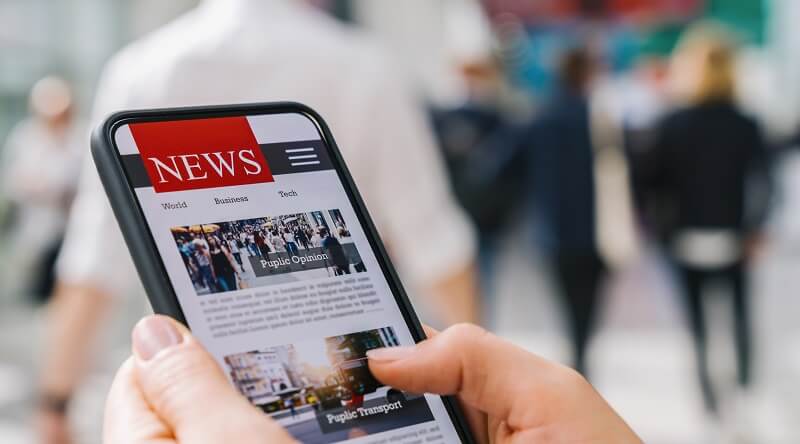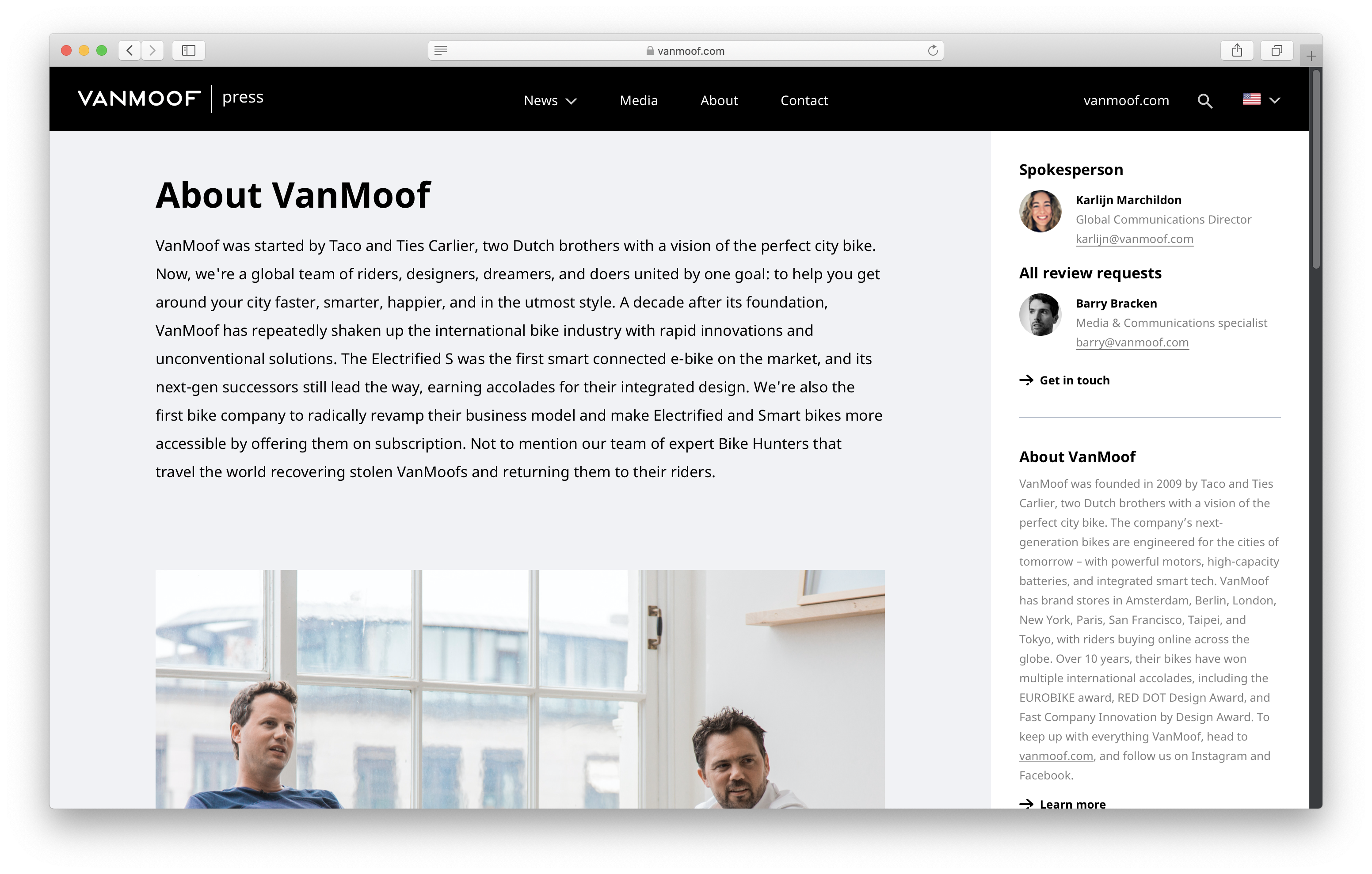Popular News Things To Know Before You Get This
Popular News Things To Know Before You Get This
Blog Article
The Ultimate Guide To Popular News
Table of ContentsThe Ultimate Guide To Popular NewsSome Known Facts About Popular News.A Biased View of Popular NewsThe 6-Minute Rule for Popular News
Age is also a consider the means individuals see the function of social networks. More youthful social networks information consumers are more probable to claim it has actually impacted their learning for the far better. About half of social networks information customers ages 18 to 29 (48%) say information on social networks makes them far better informed, compared to 37% of those 30 to 49, 28% of those 50 to 64, and 27% of those 65 and older.Journalists weigh news values when determining whether or not to cover an event or announcement. Below are the worths that we take into consideration when establishing an outreach approach. Perhaps the most crucial component of newsworthiness is whether the story being communicated influences a news outlet's target market. As an example, let's think of scientists have discovered an economical remedy to a typical issue.
Research study on a state's brand-new tax obligation code likely will not generate the exact same rate of interest across state borders. Sometimes experts can assist localize a bigger nationwide story that influences even more than just a city or state.
If you are releasing relevant research study, loophole in MarComm prior to the write-up being released to ensure that the pitch can stress the most recent component of the story: the magazine of the research study. Occasions and statements that entail high-profile figures are more probable to create media insurance coverage. Sees from nationwide numbers typically require months of preparation as a result of expected neighborhood passion.
3 Easy Facts About Popular News Explained
We can aid minimize prospective reputational danger with these tales while also boosting the chances of producing coverage. While numerous of the above information values are interwoven, human interest tales often stand apart.
Human passion components can add information value to various other tales that may show up to be lacking in the other values. The uniqueness or strangeness of a circumstance can aid influence whether a news outlet is likely to cover a tale. While this is not an exhaustive checklist, checking to see if your story or event has these top qualities before contacting us will help you establish which elements hold the most information worth.

Rumored Buzz on Popular News
There is likewise significant evidence that even more consumers can begin to pay for news in the futureif publishers can recognize them and serve them well. click to read more Fifty percent of those who do not pay for news proactively choose information and look like subscribers in numerous means. And virtually 2 in 10 of those that don't subscribe to information currently indicate they are inclined to start to pay in the future.
We after that ask a set of concerns to establish whether people pay for particular types of news resources (Popular News). We asked individuals to call the sources they make use of most oftenwhether they pay for them or nothow they utilize them, the details things they take into consideration essential about them, and some associated concerns about the price and worth of that resource
Individuals are attracted to news generally for two factors over others: A desire to be informed citizens (newspaper clients particularly are highly encouraged by this) and since the magazine they register for right here excels at covering particular subjects concerning which those subscribers especially care. While there are a host of reasons, the No.
Even more than 4 in 10 likewise cite the fact that family and friends sign up for the exact same item (Popular News). Even more than a third of individuals say they originally subscribed in feedback to a price cut or promo. In print, people also are relocated greatly to sign up for obtain discount coupons that conserve them cash, something that has untapped implications in digital
How Popular News can Save You Time, Stress, and Money.
Regarding fifty percent are "information candidates," suggesting they proactively choose news as opposed to primarily encountering it in an extra easy method, though the information that nonpayers are seeking (in the meantime, a minimum of) is usually about national politics. Like subscribers, a lot of these people additionally get information numerous times a day, utilize the information in ways similar to customers, and want comparable subjects, including international or global information.

Of those who do pay, 54 percent register for newspapers in print or digitally, which represents 29 percent of Americans in general. A lot of them get a print publication along with their paper and spend for 2 to four news sources in overall, some a lot more. And while 53 percent are long-time subscribers (5+ years), greater than a quarter (27 percent) have bought their newspaper registration within the previous year.
Couple of print customers believe it most likely they will switch to a digital-only registration in the future, and majority of those that like electronic have never paid for a print version of the same source. Fully 75 percent of paper payers say they mainly read the paper in print, while 21 percent are primarily digital individuals, and 4 percent define themselves as equally divided.
Report this page